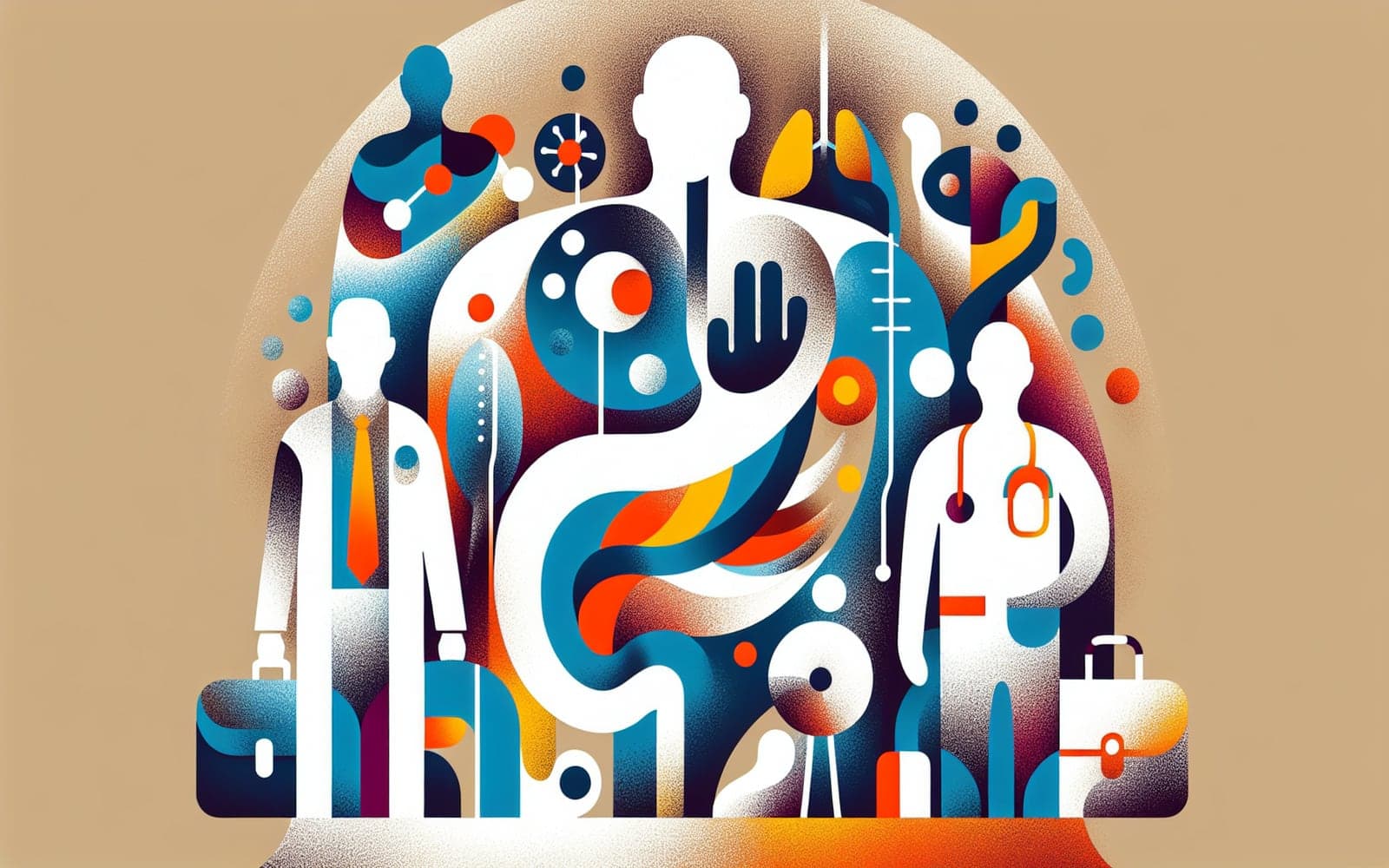Are You at Risk for Gallstones? 5 Surprising Factors You Might Not Know
Published: Jun 08, 2024

Medically reviewed by Alan Lucks | MD, Alan Lucks MDPC Private Practice - New York on June 8th, 2024.
Gallstones affect millions, but many risk factors fly under the radar. Understanding these can help you take control of your health.
Contents
The Weight Connection
Obesity is a major risk factor for gallstones. Excess weight increases cholesterol in bile, making stone formation more likely. It's like adding too much sugar to your coffee - eventually, it won't dissolve and will form crystals. Interestingly, rapid weight loss can also increase risk, as it causes the liver to secrete extra cholesterol into bile.
The Pregnancy Puzzle
Pregnancy increases gallstone risk, especially in the third trimester and immediately after delivery. High estrogen levels during pregnancy increase cholesterol secretion and decrease gallbladder contractions. It's like your gallbladder goes on a mini-vacation, allowing stones to form more easily.

The Diabetes Connection
People with diabetes have a higher risk of developing gallstones. High insulin levels associated with diabetes can increase cholesterol levels in bile. Additionally, diabetes can affect nerve function, potentially leading to reduced gallbladder contractions. It's a double whammy that can set the stage for stone formation.
Frequently Asked Questions
Yes, but women are at higher risk.
Yes, genetics play a role in gallstone risk.
Yes, high-fat diets may increase risk.
Yes, risk increases with age.
Key Takeaways
By understanding these risk factors, you can take steps to reduce your chances of developing gallstones.
Want to assess your personal gallstone risk? Consult with Doctronic for a tailored risk assessment and prevention plan.Related Articles
References
Stinton LM, Shaffer EA. Epidemiology of gallbladder disease: cholelithiasis and cancer. Gut Liver 2012; 6:172-187.
Portincasa P, Moschetta A, Palasciano G. Cholesterol gallstone disease. Lancet 2006; 368:230-239.
This article has been reviewed for accuracy by one of the licensed medical doctors working for Doctronic. Always discuss health information with your healthcare provider.

